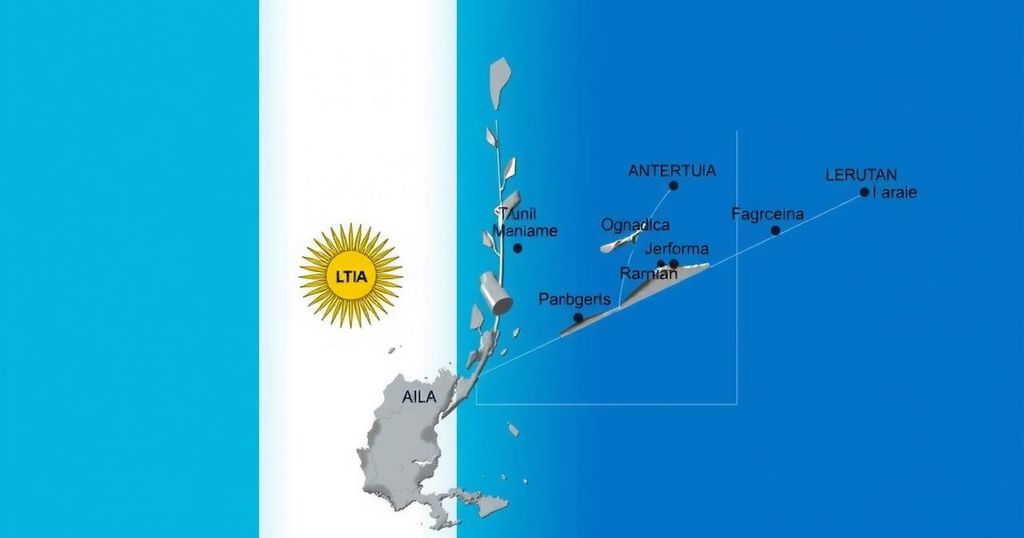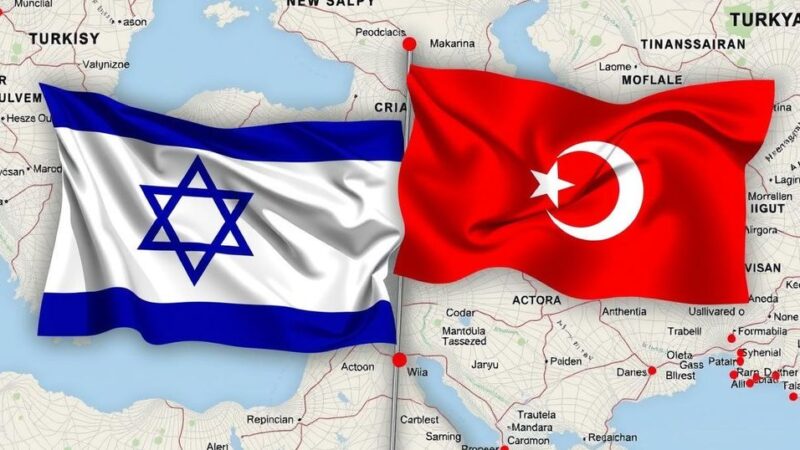Argentina is considering leaving the Paris Agreement, aligning with Donald Trump’s views. Foreign Minister Gerardo Werthein stated they are reevaluating their climate change strategy amid doubts about the causes of climate change. This follows Argentina’s withdrawal from COP29 talks in Azerbaijan, with Werthein emphasizing no final decision has been made yet.
In a significant move, Argentina is contemplating a withdrawal from the Paris Climate Agreement, as it aligns with U.S. President-elect Donald Trump’s critical stance toward the accord. Foreign Minister Gerardo Werthein revealed that the nation is in the process of reevaluating its climate change strategy, expressing concerns regarding the underlying causes of climate change. This decision follows Argentina’s withdrawal from the COP29 climate talks in Baku, Azerbaijan, shortly after the summit commenced. Werthein emphasized that while no definitive decision has been reached concerning the Paris Agreement initiated in 2015, Argentina is reassessing its commitment to the multi-faceted deal. He affirmed, “We decided to withdraw our delegation and reevaluate our position, nothing more. I think it’s a sovereign right.”
The Paris Agreement, established in 2015, is a landmark international treaty that aims to mitigate climate change by reducing greenhouse gas emissions and limiting global warming to below 2 degrees Celsius. Initially embraced by many nations, the accord has faced criticism from various governments questioning its effectiveness and economic implications. The incoming U.S. administration under Donald Trump has signaled intentions to withdraw from the agreement, prompting other nations, such as Argentina, to reconsider their commitment to this pivotal environmental accord. Such reevaluation raises concerns about international cooperative efforts to combat climate change, particularly in light of scientific consensus on escalating climate-related challenges.
In summary, Argentina’s contemplation of exiting the Paris Agreement signals a significant shift in its climate policy, reflecting broader global uncertainties regarding the effectiveness of international climate accords. The statements made by Foreign Minister Gerardo Werthein indicate a critical reassessment of Argentina’s participation in climate commitments amidst changing political landscapes. As nations navigate these complex issues, the outcomes of such discussions will have lasting implications for global climate efforts.
Original Source: www.eenews.net






